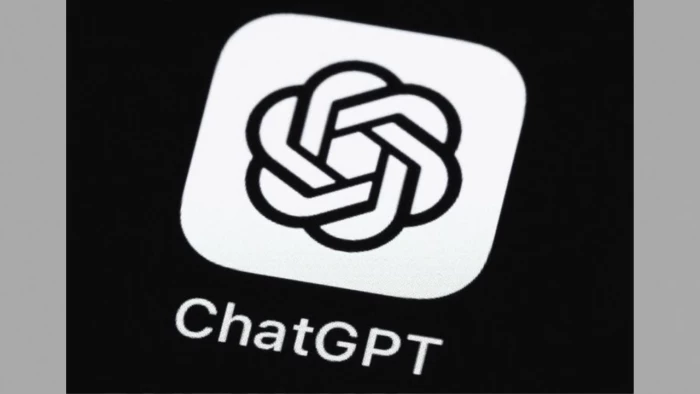OpenAI CEO Sam Altman warns ChatGPT users of ‘capacity crunches’ ahead of GPT-5 launch
by Muskan Kansay - 5 months ago - 3 min read

Expect Delay: Altman’s Heads-Up
OpenAI’s GPT-5 is almost ready for the spotlight in August 2025, but CEO Sam Altman has pumped the brakes on user expectations. If you’re a regular ChatGPT user, prepare for some slowdowns and possible outages in the coming weeks. Altman’s message: “We’re making major upgrades and launching new features, so if things get a bit rocky, just hang tight. It’ll be worth it.”
What’s New in GPT-5
This time, OpenAI’s upgrade isn’t just another tweak. GPT-5 will let the system decide how to handle complex questions with “unified reasoning”—so users don’t need to pick models or toggle settings. Early tests have left even Altman surprised. When GPT-5 outperformed him on a tough question, he admitted, “It was a weird feeling—I felt useless relative to the AI.”
There’s more: GPT-5 is designed to handle text, images, and audio smoothly, process facts more reliably, and keep track of context better than ever. Developers will also be able to fine-tune the AI to suit their needs. And, for the first time, OpenAI is giving researchers access to an open-weights model for deeper technical exploration.
The Need for Caution
With such dramatic progress, there’s growing concern. Altman, never one to sugarcoat, compared the current rush in AI to the early days of nuclear science—equal parts thrilling and unnerving. He’s warned that guardrails aren’t keeping up: “It sometimes feels like there are no adults in the room,” Altman said, pushing for urgent discussions about how to manage AI’s rapid expansion.
Don’t Treat ChatGPT As Private
Alongside warnings about slow service, OpenAI has a clear privacy reminder: what you share with ChatGPT isn’t protected like it would be with a doctor or lawyer. Anything told to the AI could, in rare cases, become part of a legal or investigative process. If you’ve been chatting like it’s a private diary, it’s time to think twice.
Watch This Space
For those who use ChatGPT daily, some hiccups are likely as OpenAI prepares its next act. But the payoff could be big: GPT-5’s launch aims to set a new bar for what AI can do, promising more powerful—if slightly delayed—conversations ahead.